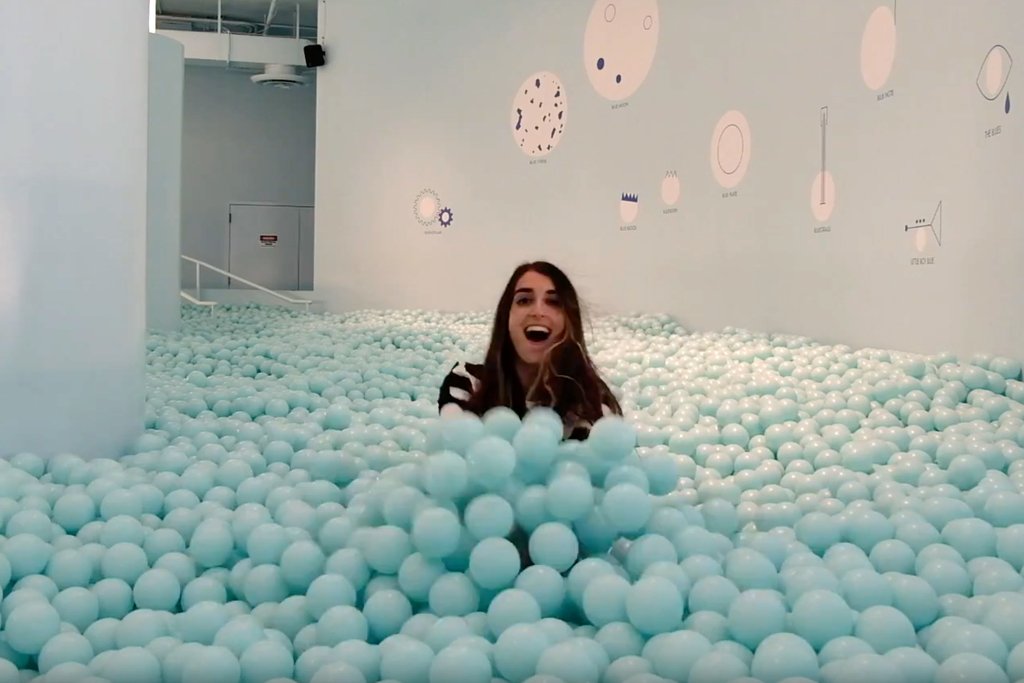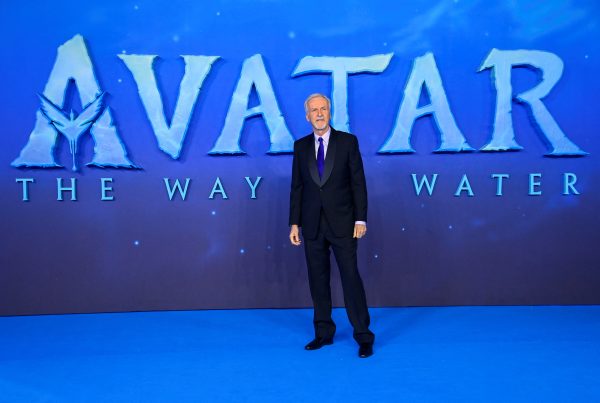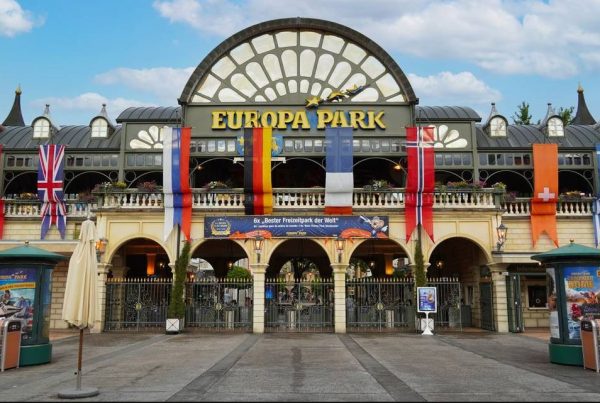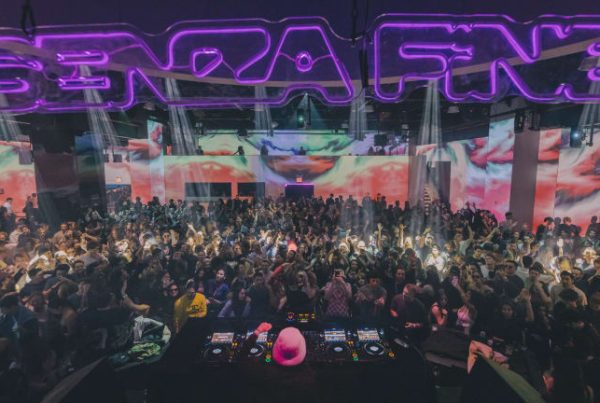“We are maintaining our already stringent cleaning and disinfecting processes throughout the day,” read the email, which also urged customers not to touch each other. “We ask guests to not have direct contact with one another and sanitize hands throughout the experience.” The email carried the subject line “Stay sweet, not sick!”
Interactive experiences like the Museum of Ice Cream and the Color Factory have been all the rage in recent years as consumers gravitate toward Instagrammable events they can broadcast on social media. Yet such venues, often sponsored by outside brands, are quite costly to maintain. That cost could increase if more robust cleaning procedures are installed. In addition, several experts have said consumers may shy away from shopping centers as coronavirus fears grow. Retail research firm Coresight Research recently found that more than 25 percent of U.S. consumers say they are avoiding public areas like malls amid the outbreak. Experts say experience-based venues may see a drop in business as consumers, leery of germs, stay away.
“Between customers’ reluctance to put themselves in situations where a lot of people gather, and businesses warning customers about the risks and even companies and organizations restricting people’s activities, we’re already seeing a decline in traffic to in-person and retail venues,” says Denise Lee Yohn, a branding expert and author of What Great Brands Do. “Experiences are likely to see even more of a slowdown because the value they offer to customers comes from in-person engagement, sensory stimulation and connection with others.” She expects to see some effort by such marketers to move experiences to the digital realm.
Similarly, the Color Factory has added more disinfectant procedures to its cleaning routines and installed hand-sanitizing stations throughout its exhibits, according to Alison Piepmeyer, chief marketing officer. The company is also cleaning its ball pit more frequently.
Source: How experiential venues, built on sensory marketing, are handling the coronavirus | Ad Age













